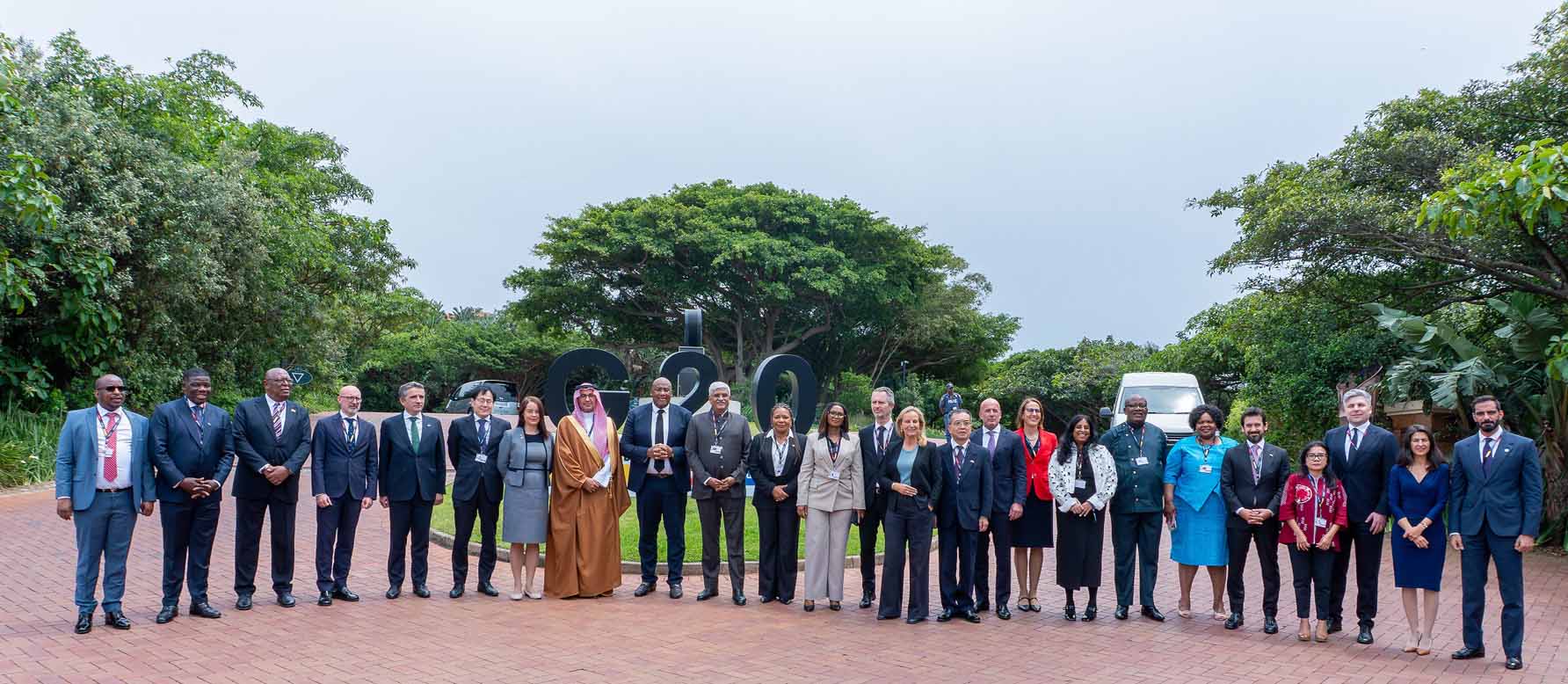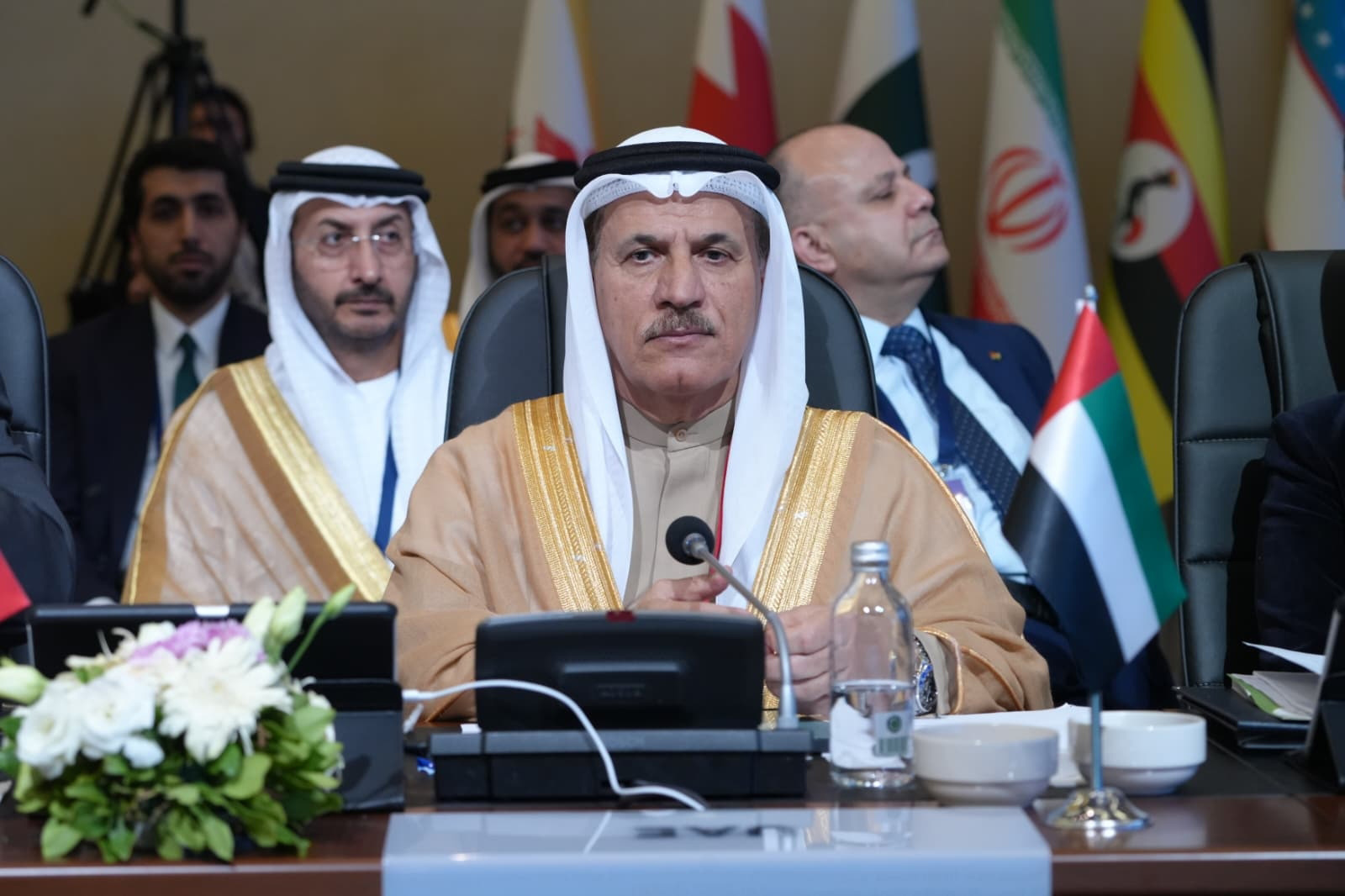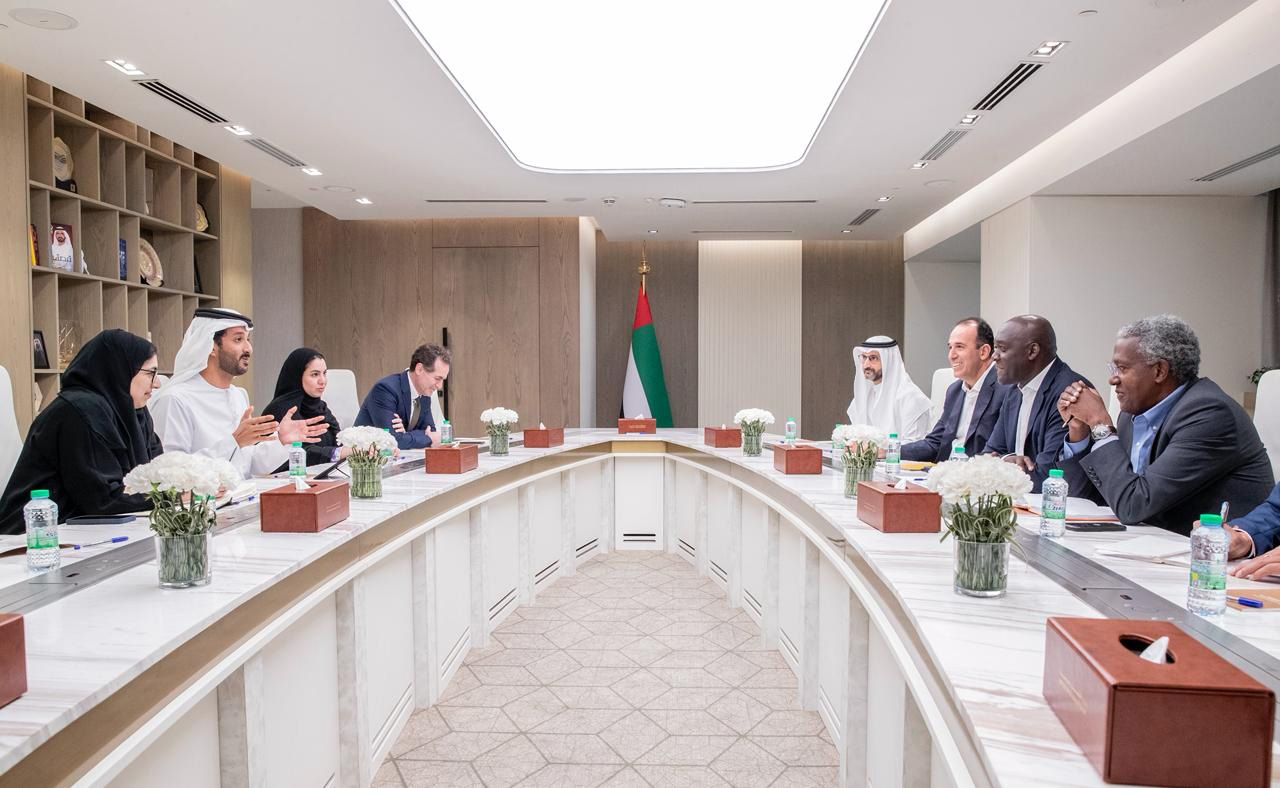Professional Compliance Committee showcases a year of enhanced oversight and governance in the UAE’s accounting and auditing professions

23 cases of professional violations were reviewed, along with 20 disciplinary decisions that include warnings, fines, and suspensions involving several accounting firms & licensed auditors
Abu Dhabi, 05 November 2025:
The Professional Compliance Committee for the Accounting and Auditing Profession announced the outcomes of its activities from the start of its operations in July 2024 through August 2025. During this period, the Committee held 24 meetings to review 23 cases of professional violations and issued 20 disciplinary decisions, which included warnings, fines, and suspensions involving several accounting firms and licensed auditors. A total of AED 2.5 million in fines was imposed, alongside seven suspension cases. These outcomes reflect the Committee’s ongoing efforts to strengthen professional oversight and governance in the UAE’s accounting sector in line with international best practices, promoting transparency, safeguarding the interests of investors and stakeholders, and reaffirming the UAE’s commitment to fostering a trusted and competitive business environment.
The Professional Compliance Committee for the Accounting and Auditing Profession was formed by a decision of H.E. the Minister of Economy and Tourism, pursuant to Federal Decree Law No. (41) of 2023 on Regulating the Auditing and Accounting Professions. The Committee is chaired by Abdullah Saleh Al Hammadi, Director of the Auditors Department at the Ministry of Economy and Tourism and includes representatives from the Ministry of Finance and the Economic Security Centre of Dubai. It is tasked with investigating professional violations and taking disciplinary measures against those responsible, including warnings, fines, suspension or even cancellation of licenses. These efforts are in line with the Ministry of Economy and Tourism’s strategy to elevate the efficiency of the profession, develop its regulatory framework, and ensure compliance with international standards, strengthening the UAE’s position as a leading regional and global economic hub.
The Committee highlighted an increasing growth in the number of registered chartered accountants in the UAE. By the end of August 2025, the number of chartered accountants reached 1,103 from a total of 871 in 2024. Meanwhile, the number of accounting firms grew to 396. This growth reflects the broadening of the market and the increasing demand for auditing and accounting services.
In this context, H.E. Abdullah Ahmed Al Saleh, Undersecretary of the Ministry of Economy and Tourism, highlighted that the UAE has placed great emphasis on developing a comprehensive ecosystem for the accounting and auditing profession in line with international best practices. H.E. further pointed out that the Professional Compliance Committee Accounting and Auditing Profession is one of the effective oversight instruments established under Federal Decree Law No. 41 of 2023 regulating the auditing and accounting professions. “The positive outcomes achieved by the Committee underscore our commitment to implementing governance and integrity standards in this profession, fostering a conducive environment for growth and enhancing the competitiveness of the national economy,” he said.
H.E. Al Saleh added: “The Ministry recognises professional accountability as a tool for correction and prevention rather than for punishment. Its main goal is to improve the quality of professional services and encourage offices to strengthen their internal systems and abide by standards of independence and transparency.” H.E. explained that the Ministry of Economy and Tourism will continue to enhance collaboration with its partners in line with the country’s vision to advance these professions. The procedures adopted reflect the UAE’s transition to a more mature model of professional oversight, which emphasises prevention and correction along with punitive measures, thereby bolstering market and financial institutions’ confidence in the country’s business environment.
Furthermore, the Committee identified a range of professional violations, including issuance of audit reports without supporting documentation, conflicts of interest, weak documentation, signing off on non-compliant data, failure to assess companies’ ability to continue, lack of disclosure of crucial issues, and falsification of information. These outcomes reflect the Ministry’s responsiveness to reports and complaints it received. Each case was reviewed in accordance with legal procedures, and disciplinary decisions were issued against violators in a systematic and transparent manner.
The Committee underscored the importance of practitioners adhering to approved standards when drafting their audit reports, stressing the need for comprehensive documentation of audit stages to be available for inspection and verification by regulatory authorities. Such documentation serves as both proof of due diligence and evidence of adherence to professional standards.
Abdullah Saleh Al Hammadi, Director of the Auditors Department at the Ministry of Economy and Tourism, highlighted the importance of maintaining integrity and transparency in carrying out professional duties, and avoiding any misleading practices that suggest the completion of unperformed tasks. He further underscored the need to ensure full compliance with relevant economic legislation as part of internal corporate governance within accounting firms. Adherence to such legislation, along with refraining from accepting or continuing engagements with clients who violate applicable regulations, are essential professional standards that must be upheld. He also warned of the serious consequences of any act that could distort the truth or present an inaccurate picture of financial statements with the intent to harm others or obtain unlawful benefits at the expense of others’ rights.
Al Hammadi reaffirmed that the Committee continues to enhance monitoring tools and the quality of professional practice in the coming period. He also emphasised the importance of the society’s role in reporting harmful practices through the complaint and reporting channels available to the public, recognising the community as an essential partner in promoting transparency and protecting the business environment.
-Ends-










